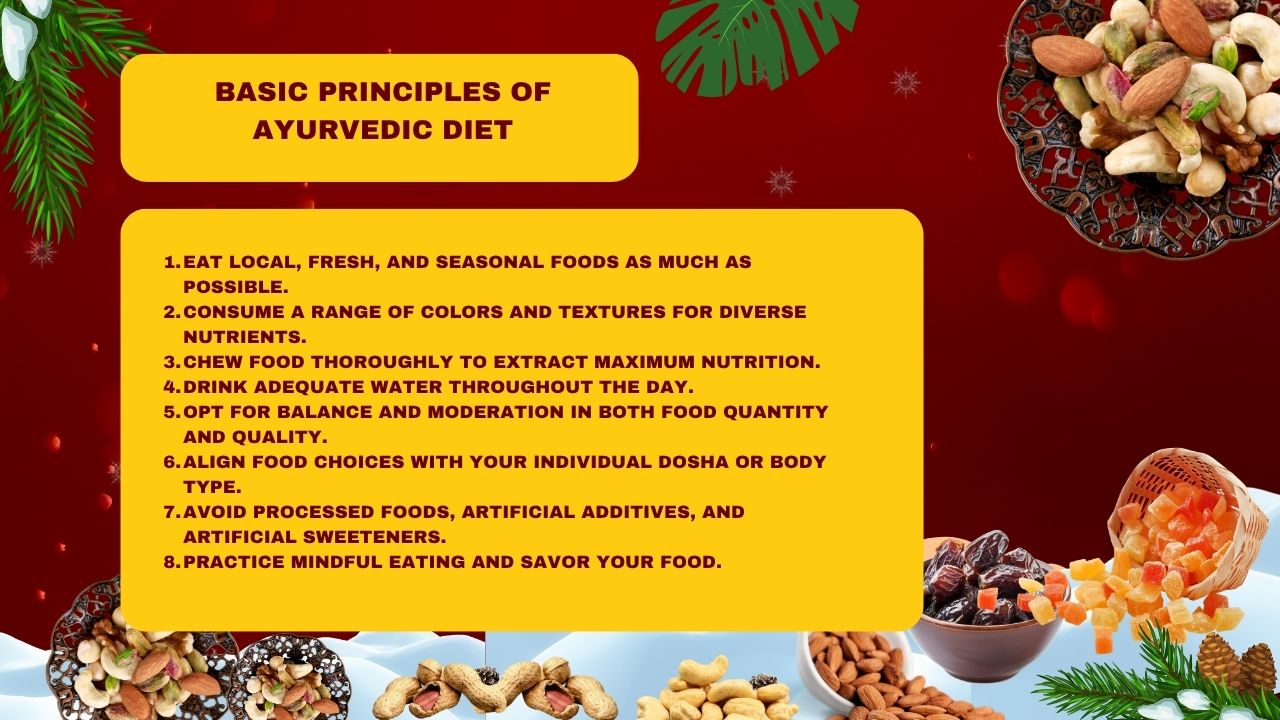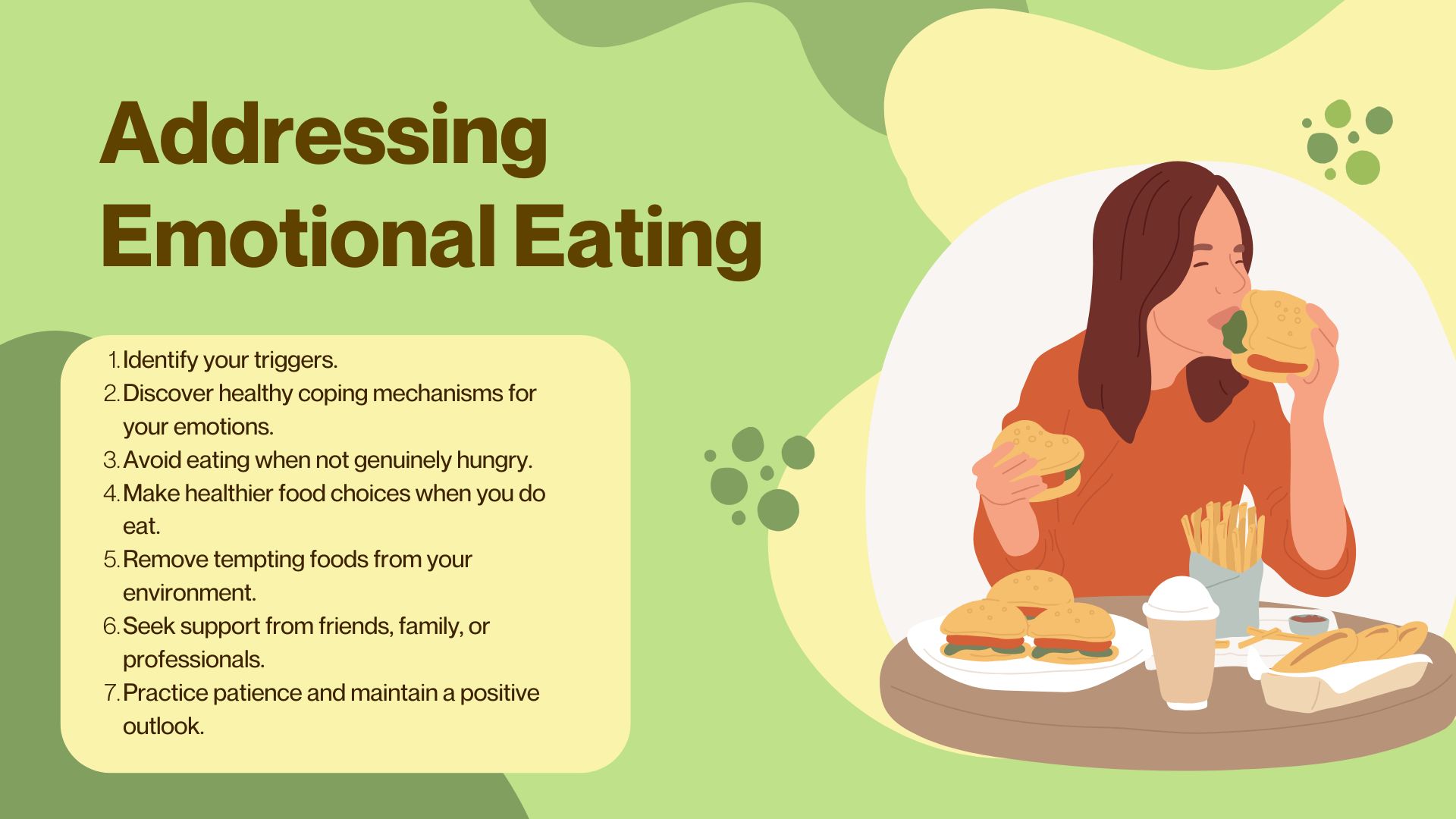What Ayurveda Says About Your Daily Diet and Self Healing

There is a wealth of information available everywhere around on diet schedules. Scientific evidence increasingly shows the role of a proper dietary regimen in maintaining a healthy body. While the benefits of an Ayurvedic Diet for Self-healing are widely acknowledged, understanding its global rise in popularity is important.
An Ayurvedic diet is a balanced approach that takes an individual’s dosha into consideration. It emphasizes nourishing, cleansing, and rejuvenating foods, aiming to cultivate a robust digestive system, which in turn fosters optimal health.
Simplicity in Ayurvedic Diet
The principles of an Ayurvedic Diet for Self-healing are inherently simple- prioritize fresh, seasonal, and locally sourced foods; consume a variety of colors and textures for diverse nutrients; thoroughly chew food to maximize nutrient absorption; and maintain adequate hydration throughout the day.
Key benefits of adhering to an Ayurvedic diet include improved digestion, weight management, cellulite reduction, increased energy levels, and enhanced immunity.
At its core, an Ayurvedic diet encourages daily meal preparation using natural ingredients, balancing tastes from mild to sour, astringent, sweet, pungent, and salty. This approach ensures the acquisition of nature’s abundant nutrients.
Basic Principles of Ayurvedic Diet
Ayurveda’s perspective on self-healing through diet is not about selling specific spices or complex diet plans.

Pillars of the Ayurvedic Diet for Self-Healing
- Traditional Food
Traditional dishes, often followed for centuries by a specific culture, are integral to this diet. Examples include Dal-Chawal (rice and lentils) from India or even white bread from France. While historical evidence for all traditional food practices might be elusive, the underlying principle suggests an ancient wisdom for collective well-being. Food habits are an important part of health, and Ayurveda, a time-honored Indian medical system, underscores their importance in maintaining vitality.
1. Regional Food
Consuming foods indigenous to your region is important for maintaining the balance of natural elements within the body, significantly supporting the immune system. Regional foods are also easily digestible as they are compatible with the local climate, environment, and the constitution of the people living there. This compatibility makes sure that the body’s digestive fire (Agni) remains undisturbed, and the body develops immunity against potential ailments. The changing food habits due to climate change, pollution, and population increase pose challenges, but understanding the Ayurvedic perspective offers a way forward.
In Ayurveda, the vitiation of one or more doshas (Vata, Pitta, Kapha) is the main cause of ailments. Regional food habits play an important role in preventing dosha imbalances and subsequent diseases. As the saying goes, “Eat like a Russian when you are in Russia and when you are in Germany don’t say ‘no’ to potatoes!”
2. Seasonal Food
In the modern era, the abundance of diverse food options can be confusing. However, Ayurveda lays emphasis on consuming seasonal food can resolve most physical problems. For example, regular consumption of papaya during summer can prevent digestive issues like constipation. Foods with high water content are particularly recommended during summer for hydration and cooling. Eating seasonal fruits and vegetables provides optimal nutrition and supports a healthy digestive system. If fresh seasonal produce isn’t readily available in stores, exploring local farmers’ markets is an excellent alternative.
Embracing conscious eating, whether for a day or a lifetime, is the initial step toward optimal health through an Ayurvedic Diet for Self-healing.
The Detrimental Effects of Emotional Eating
A complete understanding of the Ayurvedic Diet for Self-healing is incomplete without addressing “emotional eating.” This refers to consuming food in response to negative emotions such as boredom, stress, anger, or sadness, often leading to weight gain and further health complications.
The Charak Samhita clearly states, “Healthy and wholesome foods, taken under stress are more harmful than the unhealthy food itself.” Emotional eating can result in overeating or poor food choices, contributing to weight gain, high blood pressure, and elevated cholesterol levels. It can also foster feelings of guilt and shame. Food offers an immediate sense of pleasure and comfort. However, over time, using food in this way can result in weight gain and other problems.
Addressing Emotional Eating
If emotional eating is a concern, consider these tips to manage emotions without turning to food

Breaking the cycle of emotional eating requires effort but brings in significant rewards for overall health and happiness.
Common Misconceptions about the Ayurvedic Diet for Self-Healing
With the growing interest in health solutions, several myths surrounding the Ayurvedic Diet for Self-healing have emerged.
Myth 1
You must eat according to your body type. This is a common misconception.
The primary guidance is to listen to your body and eat when hungry, but avoid overconsumption. The principle “Let food be thy medicine and medicine be thy food” applies universally; excessive intake of any food can be detrimental, regardless of the diet.
Myth 2
You must eat a fixed number of meals per day to be healthy.
There’s no fixed number of meals. The ideal frequency depends on your body type, daily routine, and what feels right for you. You need to experiment to find what works the best for your body.
Myth 3
An Ayurvedic cleanse is the same as fasting.
An Ayurvedic cleanse is not equivalent to fasting. It nourishes the body and supports its natural detoxification processes, not deprives.
Myth 4
You must follow an Ayurvedic diet if you want to be healthy. This is incorrect.
There are numerous paths to a healthy life. The most important aspect is finding a diet that supports your well-being and strengthens your body, regardless of whether it’s specifically Ayurvedic.
Myth 5
You should not eat dairy or meat while following an Ayurvedic diet for self-healing. This is false.
Dairy and meat are considered “heavy” foods as per Ayurveda, which provide essential nutrients. They can be included in an Ayurvedic diet, provided they are consumed in appropriate types and moderation.
Myth 6
You must avoid all sugar. This statement is incomplete and misleading.
While refined sugars are generally discouraged, natural sugars from fruits and other wholesome sources are part of an Ayurvedic diet.
